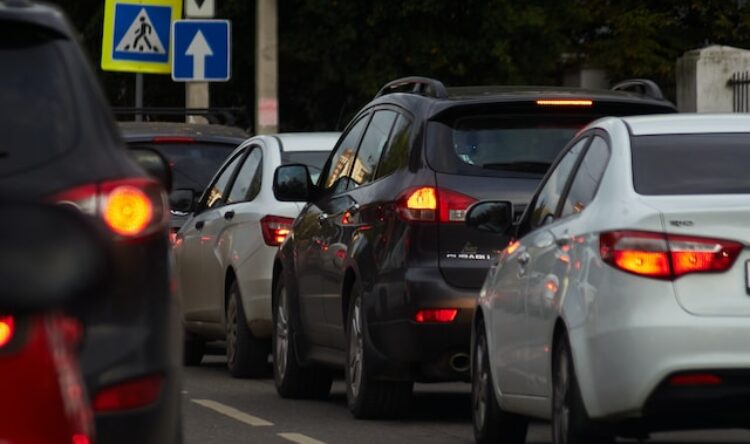EV grants cut
The government announces a reduction in the grant scheme for purchasing EVs
The Government has cut the electric car grant from £3,000 to £2,500.
The announcement also excluded models that cost more than £35,000. It believes that higher-priced vehicles are “typically bought by drivers who can afford to switch without a subsidy from taxpayers”.
The changes mean popular fleet vehicles like the Tesla Model 3 and Hyundai Kona Electric 64kWh will no longer be eligible for the grant.
Tax incentives, including favourable company car tax rates, will remain in place, however.
Trickle charging
The changes are expected to allow the overall funding to last longer and be available for more drivers. This reflects the dramatic growth in the number of cheaper electric cars now available.
“We want as many people as possible to be able to make the switch to electric vehicles,” says Transport Minister Rachel Maclean. With the choice of vehicles increasing month on month along, the number of charge points is also increasing. “While the level of funding remains as high as ever, given soaring demand, we are refocusing our vehicle grants on the more affordable zero emission vehicles. This is where most consumers will be looking and where taxpayers’ money will make more of a difference.”
The plug-in vehicle grant scheme was renewed last year, but it excluded vehicle costing more than £50,000. Since the grants introduction in 2011 , it has supported the purchase of 285,000 vehicles.
Short circuits
Mike Hawes, SMMT chief executive, believes it is the wrong move at the wrong time.
“New battery electric technology is more expensive than conventional engines. Incentives are essential in making these vehicles affordable to the customer,” he said
“Cutting the grant and eligibility moves the UK even further behind other markets, markets which are increasing their support,” states Hawes. “This sends the wrong message to the consumer, especially private customers, and to an industry challenged to meet the Government’s ambition to be a world leader in the transition to zero emission mobility”.
Grants on commercial electric vans and trucks have also been cut.
Fused logic boards
Susannah Streeter, senior investment and markets analyst, Hargreaves Lansdown, is unimpressed with the strategy. “The UK government has pledged to promote green investment as a key ingredient of the economic recovery”. The government had initially £1 billion in funding for renewable energy projects and the creation of a national infrastructure bank to unlock more green finance. However the Spring Budget included little further detail, and todays announcement creates uncertainty. “Instead, fuel duty was frozen and now the Department for Transport is reducing grants aimed at encouraging people to buy electric vehicles,” says Streeter. “Rather than giving the industry a push along the road, it’s being seen as a set-back in the UK’s e-vehicle journey.”
However, the global industry is motoring ahead. Car manufacturers, energy giants and infrastructure companies are now striving to join up the fragmented system. This is essential if customer confidence is to grow and create real changes in their choices.
Some of the listed runners and riders in the race to capitalise on the green mobility revolution, include:
- Car manufacturers – Tesla, Nio, Volkswagen, Li Auto, GM, Nissan, Volvo, Ford, Apple
- Companies investing in charging technology – Chargepoint, BP, Shell, EDF, Good Energy,
- Mining companies – Glencore, BHP Billiton, Anglo American
Despite this, Streeter escribed todays announcement as “disappointing” and “not conducive to supporting the zero emissions future we all desire”.
It was a theme echoed by Graham Hoare, chairman of Ford of Britain: “Robust incentives – both purchase and usage incentives – that are consistent over time, are essential if we are to encourage consumers to adopt new technologies”.







